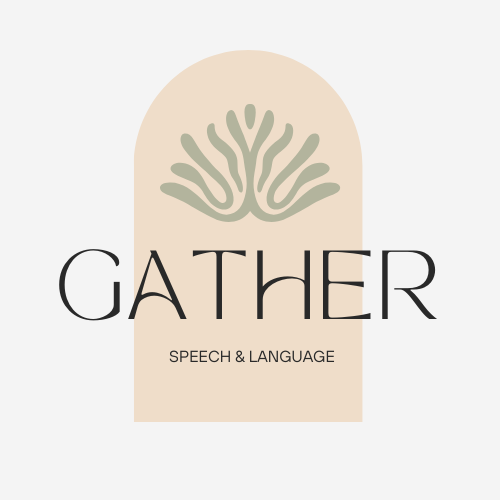1x1 Speech Therapy for Children with Neurodevelopmental Disorders
We specialize in treating children with various neurodevelopmental disorders, including Autism Spectrum Disorder (ASD), Speech Delay, Language Disorders, Apraxia of Speech, and more. Neurodevelopmental disorders can affect a child's ability to communicate, interact socially, and develop language skills. Our one-on-one therapy sessions are designed to help children overcome these challenges and reach their full potential.
What We Address in One-on-One Speech Therapy:
Speech Delays: Addressing issues where a child’s speech development lags behind typical milestones. We work on articulation, clarity, and correct pronunciation to help children communicate effectively.
Language Disorders: We treat both expressive language disorders (difficulty expressing thoughts clearly) and receptive language disorders (difficulty understanding language). Therapy helps children improve their vocabulary, sentence structure, and comprehension skills.
Autism Spectrum Disorder (ASD): Children with ASD often experience challenges in communication, social interactions, and language development. Our therapists use evidence-based approaches, such as social communication therapy and play-based therapy, to improve social skills, verbal expression, and understanding of nonverbal cues.
Apraxia of Speech: Childhood apraxia of speech (CAS) is a motor speech disorder that affects a child’s ability to plan and coordinate the movements needed for speech. Our therapists use specialized techniques, such as prompts for restructuring oral musculature (PROMPT), to help children with CAS improve their speech clarity and coordination.
Phonological Disorders: Children with phonological disorders have difficulty with sounds and patterns of speech. We focus on improving sound production and teaching children how to use sounds appropriately in words.
Social Communication Disorders: Children with social communication disorders struggle with understanding and using verbal and nonverbal communication in social contexts. We teach social interaction skills, including turn-taking, making eye contact, and appropriate social greetings.


